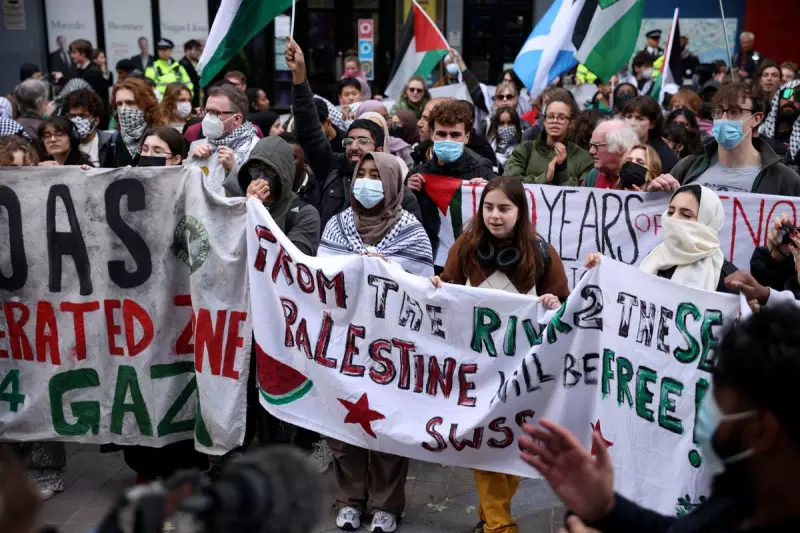
A significant new poll has exposed deep divisions within British society, revealing that almost half of the population would consider severing personal ties over disagreements concerning the Israel-Palestine conflict.
Friendships Fractured by Political Views
The survey, conducted by More in Common UK and released on Thursday 20 November 2025, quizzed 2,000 adults across the country. It found that 43% of those sympathetic to Palestine and 46% of those sympathetic to Israel would contemplate ending a friendship based on the other person's social media posts about the issue.
Despite this polarisation on the fringes, the research indicates that the majority of Britons do not firmly take a side. Most respondents perceive the conflict as profoundly complex, and a substantial three-quarters of people feel uncomfortable discussing it on social media platforms.
Shifting Public Sympathy and Social Strain
The data also tracks a notable shift in public sentiment over the past two years. Sympathy for Israel has seen a slight decrease, now standing at 14%. Conversely, sympathy for Palestine has risen to 26%. This changing dynamic is contributing to increased societal polarisation and has sparked concerns about a rise in hate directed at both Jewish and Muslim communities within the UK.
Furthermore, public tolerance for protests related to the conflict is wearing thin. A significant 67% of Britons agree that some demonstrations have become too disruptive and should not be allowed to proceed, highlighting a growing frustration with the methods of public dissent.
A Nation Divided on a Global Issue
This poll, coming amidst reports of Pro-Palestine supporters being detained by police at a Nottingham protest, paints a picture of a nation grappling with a distant conflict that has very real local consequences. The findings suggest that the intense debate surrounding Israel and Palestine is not just a matter of foreign policy but is actively reshaping personal relationships and the social fabric of communities across the United Kingdom.





